"Go Global" - reaching out to the world , is no longer a strange concept but has become a strategic goal of many Vietnamese enterprises. At the October Trade Conference on October 29, the overall picture of this journey was clearly outlined through frank sharing from major industry associations such as textiles, wood, supporting industries and corporations that have been successful in the international arena.
Urgent need for "internal strength"
The textile and garment industry is a testament to the success of the integration process. Mr. Truong Van Cam - Vice President and General Secretary of the Vietnam Textile and Apparel Association (VITAS) said that the industry's export turnover is expected to reach 46-46.5 billion USD this year, an increase of 23.5 times compared to 2001 - the time when the Vietnam - US Bilateral Trade Agreement took effect.
"It can be said that the process of reaching out to the world market of the Vietnamese textile and garment industry over the past 25 years has been very strong and has achieved remarkable results," Mr. Cam acknowledged.
However, Mr. Cam also pointed out a fact worth pondering: FDI enterprises, although accounting for only 25% in quantity, contribute up to 60% of export turnover. This shows that the integration quality of domestic enterprises is not as expected, the intellectual content in products is still low and processing forms still account for a large proportion.
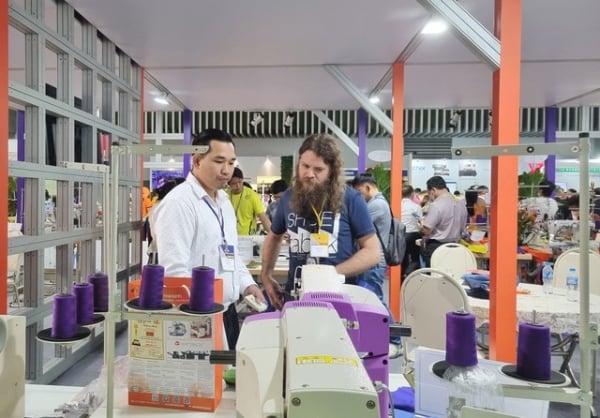
Sharing the same view on the importance of strengthening internal strength, Ms. Duong Thi Minh Tue - Vice President of the Ho Chi Minh City Wood and Handicraft Association (HAWA), emphasized that if businesses want to "Go Global", they must first be "strong from within".
She proposed that the Government should have programs to support businesses in investing in digital transformation, green production, and especially solving macro issues such as self-sufficiency in raw material supply and reducing logistics costs - which are currently 30% higher than in China.
Representatives of the two major industries, textiles and wood, both pointed out a major "bottleneck", which is human resources. According to Mr. Cam, the textile industry is very strong in sewing but weak in dyeing and weaving. Many businesses have thousands of billions of dong but do not dare to invest because of a lack of operational experts.
"One of the decisive factors for the integration issue is people and human resources. Garment enterprises have abundant finances, sometimes thousands of billions of surplus, they want to invest in fabric and dyeing but do not dare, because they do not have human resources. There are enterprises that invest in a very modern textile and dyeing factory, nearly 100 million USD, but it is not effective, the experts leave and they face difficulties. I think that investing in human resources is very important," Mr. Cam said.
From the experience of Korea, Mr. Cam suggested that Vietnamese Trade Offices abroad need to provide more information on consumer culture, law, and labor to support businesses when investing abroad.
Meanwhile, in the field of supporting industry, Pham Hai Phong - Vice President of the Vietnam Association of Supporting Industries (VASI) shared that Vietnam's supporting industry is nurturing the aspiration to master the entire supply chain, from design (R&D), production of raw materials to creating finished products with Vietnamese brands.
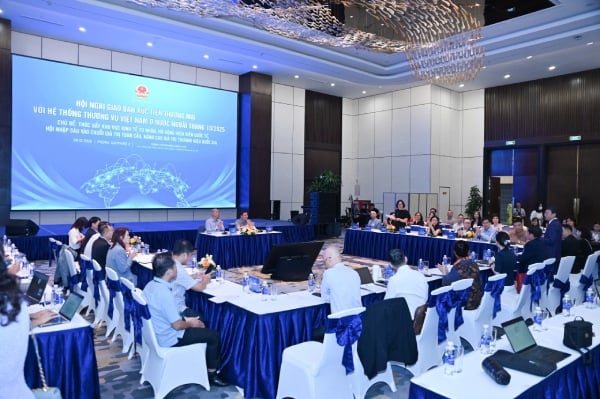
Vietnamese companies have the capacity to produce complex components for many important industries. However, they are still stuck in the "middle" of the value chain.
To break through, VASI proposed a comprehensive strategy, including mergers and acquisitions (M&A) to quickly access technology and markets. However, the biggest barrier at present is the procedure to prove financial capacity to transfer investment money abroad. Mr. Phong suggested simplifying procedures, reviewing the bank guarantee mechanism and building a "leading enterprise" model to pull the entire ecosystem along to develop together.
Experience from a pioneer
From the perspective of a business that has successfully "Go Global" since its inception, Mr. Nguyen Minh Tu - Vice President of Stavian Group shared that international partners highly appreciate Vietnam's geopolitical position, human resources and integration policies.
Among the solutions, Mr. Tu especially emphasized the establishment of a national market research board and VietCham trade representatives abroad operating according to clear KPIs.
"If we don't do market research, we won't know what the market needs and what products to sell. Such a committee will be a compass for businesses," said Mr. Tu.
In addition, he also proposed breakthrough policies such as establishing a professional investment fund to support businesses going abroad, having a preferential interest rate mechanism for import and export, and strongly developing the trading business model - an area that Vietnam is missing out on compared to Singapore or Dubai...
Source: https://doanhnghiepvn.vn/doanh-nghiep/doanh-nghiep-co-ngan-ty-nhung-khong-dam-go-global/20251029043844477


![[Photo] Prime Minister Pham Minh Chinh chaired a meeting to evaluate the operation of the two-level local government model.](https://vphoto.vietnam.vn/thumb/1200x675/vietnam/resource/IMAGE/2025/10/29/1761751710674_dsc-7999-jpg.webp)
![[Photo] Prime Minister Pham Minh Chinh chaired a meeting to discuss solutions to overcome the consequences of floods in the central provinces.](https://vphoto.vietnam.vn/thumb/1200x675/vietnam/resource/IMAGE/2025/10/29/1761716305524_dsc-7735-jpg.webp)


![[Photo] Hue: Inside the kitchen that donates thousands of meals a day to people in flooded areas](https://vphoto.vietnam.vn/thumb/1200x675/vietnam/resource/IMAGE/2025/10/29/1761738508516_bepcomhue-jpg.webp)
![[Photo] Human love in the flood in Hue](https://vphoto.vietnam.vn/thumb/1200x675/vietnam/resource/IMAGE/2025/10/29/1761740905727_4125427122470875256-2-jpg.webp)


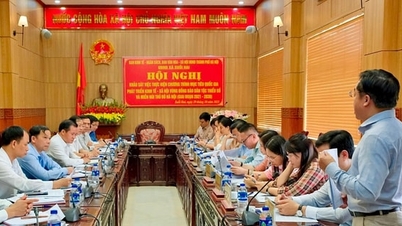

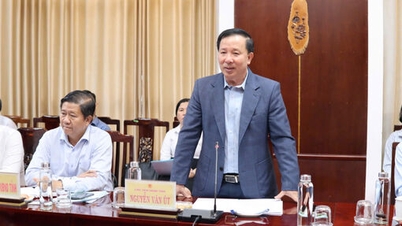




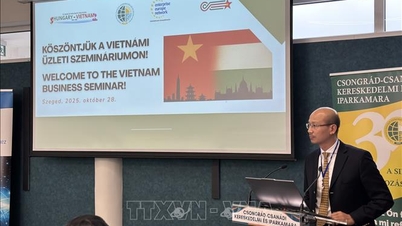

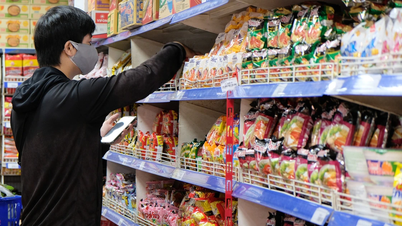


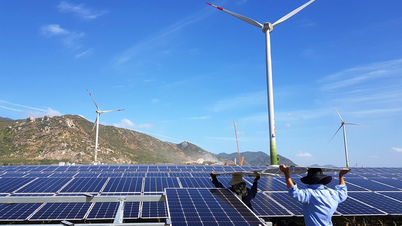
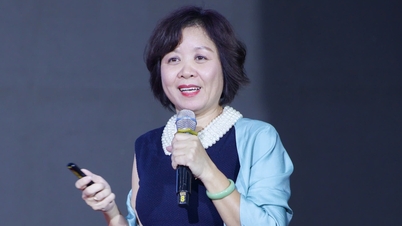
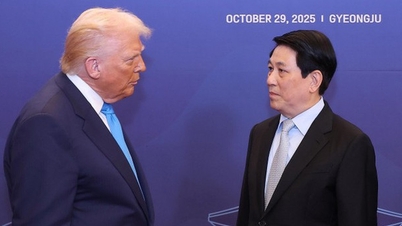







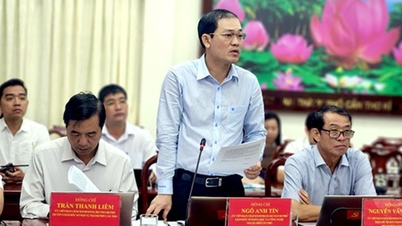

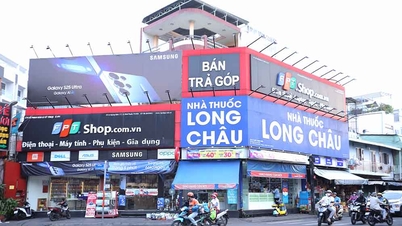

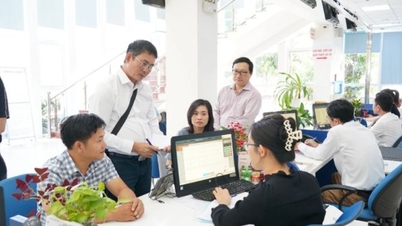



































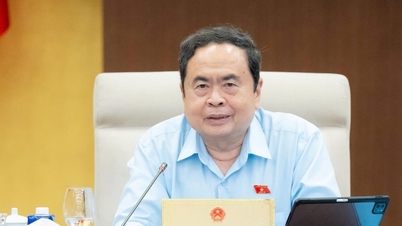

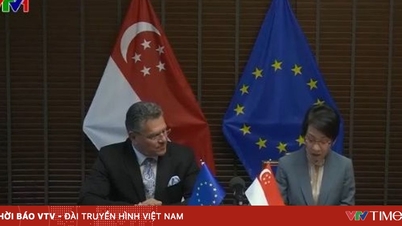
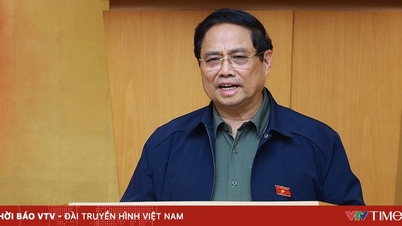
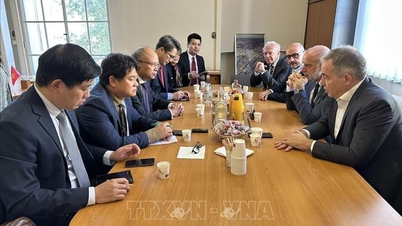
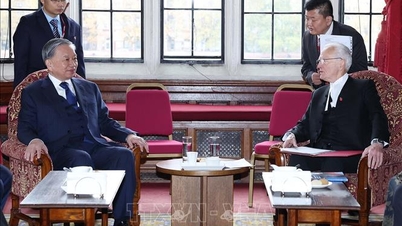
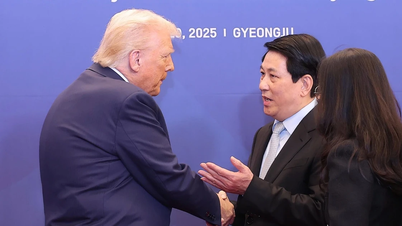


![[Live] Concert Ha Long 2025: "Heritage Spirit - Brightening the Future"](https://vphoto.vietnam.vn/thumb/402x226/vietnam/resource/IMAGE/2025/10/29/1761743605124_g-anh-sang-am-thanh-hoanh-trang-cua-chuong-trinh-mang-den-trai-nghiem-dang-nho-cho-du-khach-22450328-17617424836781829598445-93-0-733-1024-crop-1761742492749383512980.jpeg)



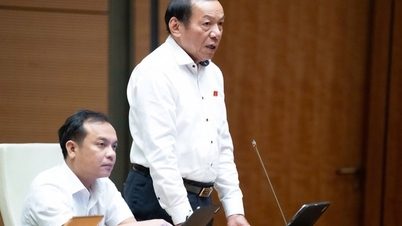
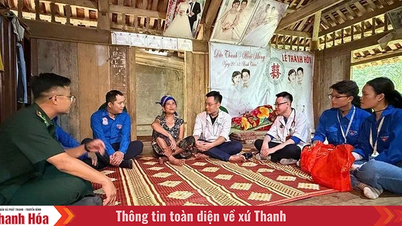

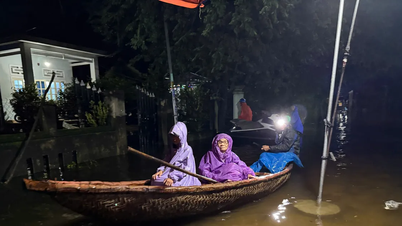





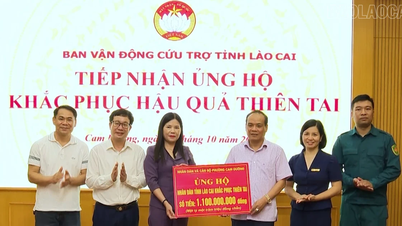

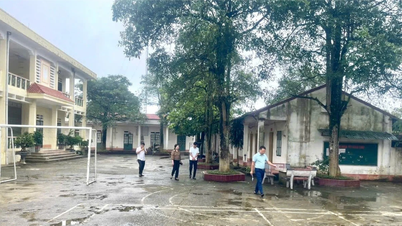













Comment (0)